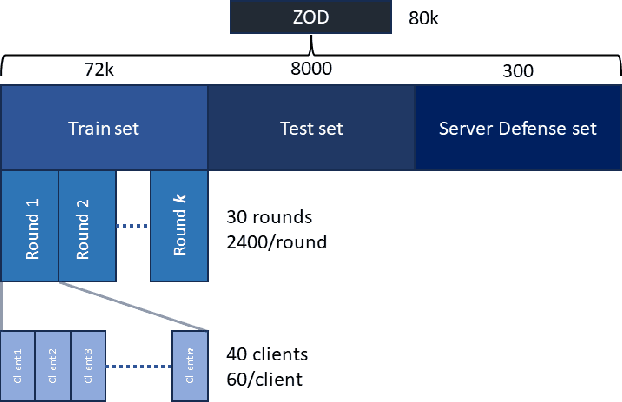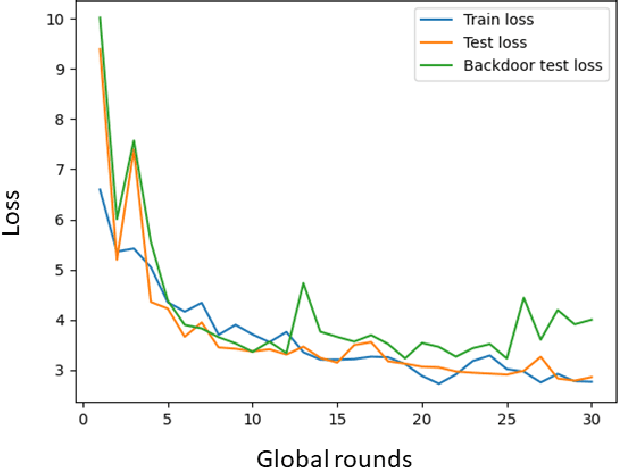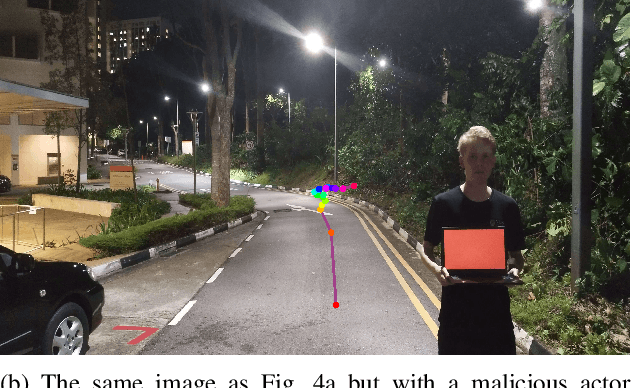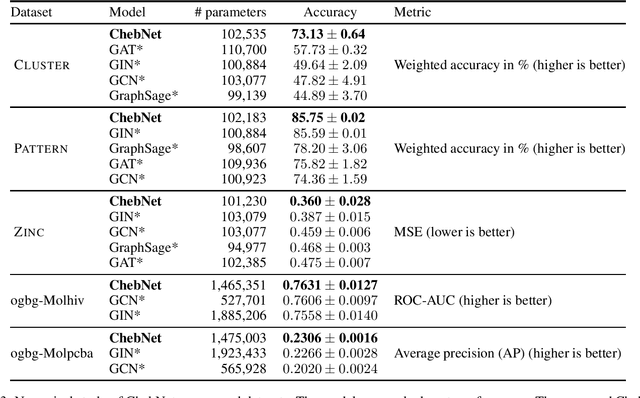Axel Nilsson
Poisoning Attacks on Federated Learning for Autonomous Driving
May 02, 2024



Abstract:Federated Learning (FL) is a decentralized learning paradigm, enabling parties to collaboratively train models while keeping their data confidential. Within autonomous driving, it brings the potential of reducing data storage costs, reducing bandwidth requirements, and to accelerate the learning. FL is, however, susceptible to poisoning attacks. In this paper, we introduce two novel poisoning attacks on FL tailored to regression tasks within autonomous driving: FLStealth and Off-Track Attack (OTA). FLStealth, an untargeted attack, aims at providing model updates that deteriorate the global model performance while appearing benign. OTA, on the other hand, is a targeted attack with the objective to change the global model's behavior when exposed to a certain trigger. We demonstrate the effectiveness of our attacks by conducting comprehensive experiments pertaining to the task of vehicle trajectory prediction. In particular, we show that, among five different untargeted attacks, FLStealth is the most successful at bypassing the considered defenses employed by the server. For OTA, we demonstrate the inability of common defense strategies to mitigate the attack, highlighting the critical need for new defensive mechanisms against targeted attacks within FL for autonomous driving.
An Experimental Study of the Transferability of Spectral Graph Networks
Dec 18, 2020


Abstract:Spectral graph convolutional networks are generalizations of standard convolutional networks for graph-structured data using the Laplacian operator. A common misconception is the instability of spectral filters, i.e. the impossibility to transfer spectral filters between graphs of variable size and topology. This misbelief has limited the development of spectral networks for multi-graph tasks in favor of spatial graph networks. However, recent works have proved the stability of spectral filters under graph perturbation. Our work complements and emphasizes further the high quality of spectral transferability by benchmarking spectral graph networks on tasks involving graphs of different size and connectivity. Numerical experiments exhibit favorable performance on graph regression, graph classification, and node classification problems on two graph benchmarks. The implementation of our experiments is available on GitHub for reproducibility.
 Add to Chrome
Add to Chrome Add to Firefox
Add to Firefox Add to Edge
Add to Edge